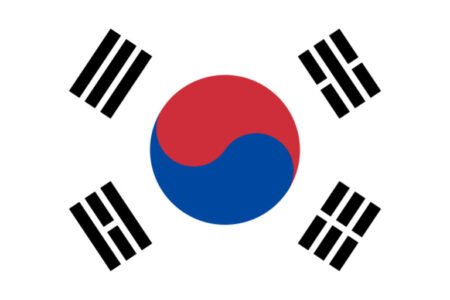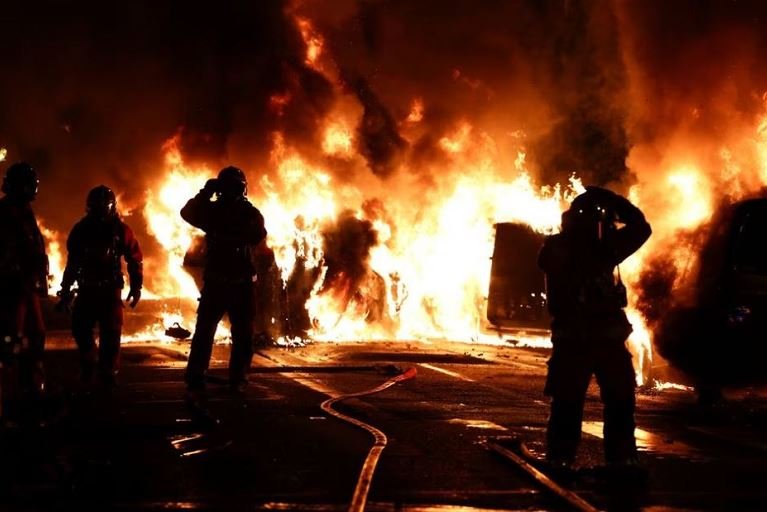Senior officials from almost two dozen of the world’s biggest intelligence agencies met in secret on the outskirts of the Shangri-La Dialogue security conference in Singapore this weekend.
According to them, such discussions are coordinated by the Singapore government and have been held quietly at a different site alongside the security summit for numerous years. The meetings have not before been publicized.
The United States was represented by Director of National Intelligence Avril Haines, the leader of her country’s intelligence community, and China was there, despite tensions between the two giants.
Samant Goel, the head of India’s overseas intelligence gathering agency, the Research and Analysis Wing, also attended, an Indian source said.
“The meeting is an important fixture on the international shadow agenda,” said one person with knowledge of the discussions. “Given the range of countries involved, it is not a festival of tradecraft but rather a way of promoting a deeper understanding of intentions and bottom lines.
“There is an unspoken code among intelligence services that they can talk when more formal and open diplomacy is harder; it is a very important factor during times of tension, and the Singapore event helps promote that.”
All five sources who discussed the meetings declined to be identified because of the sensitivity of the matter.
A spokesperson for the Singapore Ministry of Defence said that while attending the Shangri-La Dialogue, “participants, including senior officials from intelligence agencies, also take the opportunity to meet their counterparts.”
“The Singapore Ministry of Defence may facilitate some of these bilateral or multilateral meetings,” the spokesperson said. “Participants have found such meetings held on the sidelines of the dialogue beneficial.”
The U.S. Embassy in Singapore said it had no information on the meeting. The Chinese and Indian governments did not immediately respond to requests for comment.
The United States, Britain, Canada, Australia, and New Zealand operate what is called the Five Eyes network to gather and share a broad range of intelligence, and their intelligence officials meet frequently.
Larger meetings of the intelligence community are rarer and almost never publicized.
Although few details were available on the specific discussions in Singapore, Russia’s war in Ukraine and transnational crime figured in the talks on Friday, the person with knowledge of the discussions added. On Thursday evening, the intelligence chiefs held an informal gathering.
No Russian representative was present, one of the sources said. Ukraine’s deputy defence minister, Volodymr V. Havrylov, was at the Shangri-La Dialogue but said he did not attend the intelligence meeting.
Another of the sources said the tone at the meeting was collaborative and cooperative, not confrontational.
At the main security dialogue, more than 600 delegates from 49 countries held three days of plenary sessions as well as closed-door bilateral and multilateral meetings at the sprawling Shangri-La Hotel.
Australian Prime Minister Anthony Albanese gave the keynote address, while U.S. Secretary of Defence Lloyd Austin, Chinese Defence Minister Li Shangfu, and counterparts from Britain,
Japan, Canada, Indonesia, and South Korea also spoke.
Haines was among the official U.S. delegates to the Shangri-La Dialogue. At a discussion on cybersecurity in the main meeting, she said in response to a question from a Chinese military officer that cooperation between countries was essential.
“It is absolutely critical, even when there is distrust and even when you are facing, in effect, adversaries, that you still try to work through and cooperate on issues of mutual interest and also try to manage the potential for escalation,” she said.
U.S. officials said on Friday that CIA Director William Burns visited China last month for talks with Chinese counterparts as the Biden administration seeks to boost communications with Beijing.
Reuters











